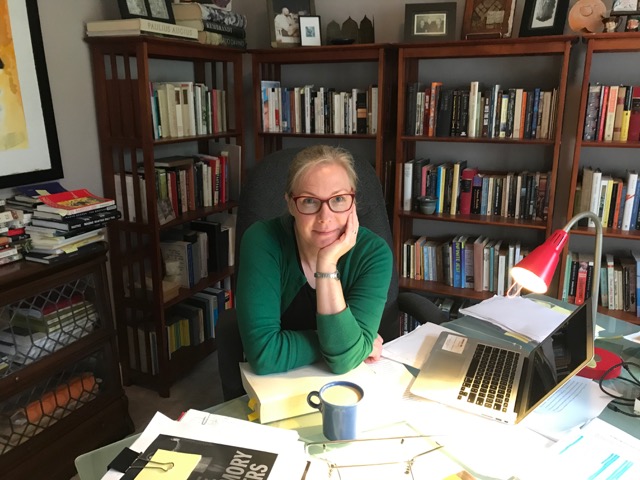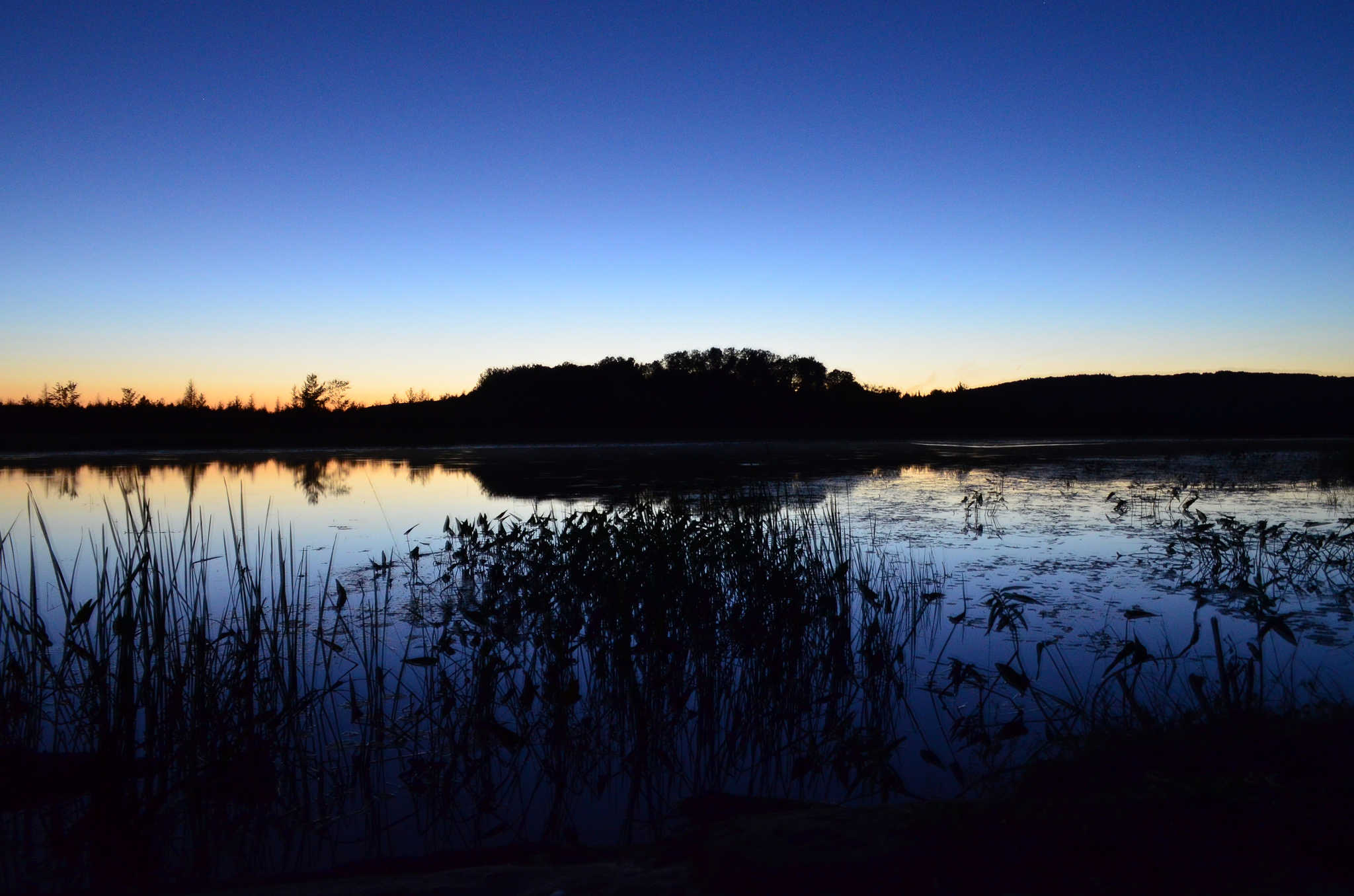I’ve been reading long-ago letters from my family’s dead. I delight in their terms of endearment, trace the gestures of their handwriting, and sway to the rhythms of their old village dialects. Visiting with my ghosts helps me step out of time and away from the pandemic, at least for a while. Call it a coping mechanism.
“The tumor has come through the skin now,” the cancer specialist he told me by phone from Toronto. He called this morning, as promised. “It’s time for the mastectomy,” he said.
In the days before the virus outbreak had begun in earnest, the doctor and I had weighed the costs and benefits of surgery: my mother is elderly, paralyzed after decades of degenerative illness, and has already beaten cancer once. Given her age and frailty, we decided to put it off for as long as possible. Chemo and radiation would be out of the question in her case. “What’s more, given her state, she might never come off a respirator,” the doctor said quietly.
A mere week after this conversation, the virus began its tear through the care facility that has served as my mother’s home for over a decade. It came suddenly and strong. Before long, the Covid had caught my mother. I walked around for days in a fog of tears and anticipatory grief, reeling between the two diagnoses – cancer and Covid, Covid and cancer – both apparent death sentences. “Save your mourning until you need it,” my husband said gently. “She’s alive now.”
Against all odds, my mother has come through the infection. It lasted around 8 weeks. Even her nurse called it a miracle.
The home sends a virus update by email each day. Every morning with my coffee I open the file and study the columns: “Positive,” “Negative,” “Deaths,” “Resolved.” Today, as I read, I do a quick tally. The virus has now killed 37 people in the building. 80 active cases of Covid-19 remain. Last week, the total of in the “Resolved” column went up by one, that is, by my mother’s survival. Call it a reprieve.
The cancer specialist’s Ethiopian name, I’ve surmised, means “Servant of Christ.” Even being as bad a Catholic as I am, I nevertheless find comfort in this “telling name” (sprechender Name), so apt for a doctor brimming with compassion and shimmering intelligence. When I filled him in on my mother’s infection, recovery, and the home’s continued lockdown, he changed his plan for surgery. “The virus is unpredictable,” he said. “We don’t know what damage it has done to your mother’s lungs. We don’t know if she can be re-infected.”
So, again, we wait. We wait for the virus to finish its rampage. For my mother’s body to strengthen itself. To see if it will prove its immunity.
After the call, I put the family letters away. The virus has pulled me back into time. I feel the march of every minute as I calculate how long will need to travel and self-quarantine to be at my mother’s side, should the mastectomy become her ferry to the ghosts.



